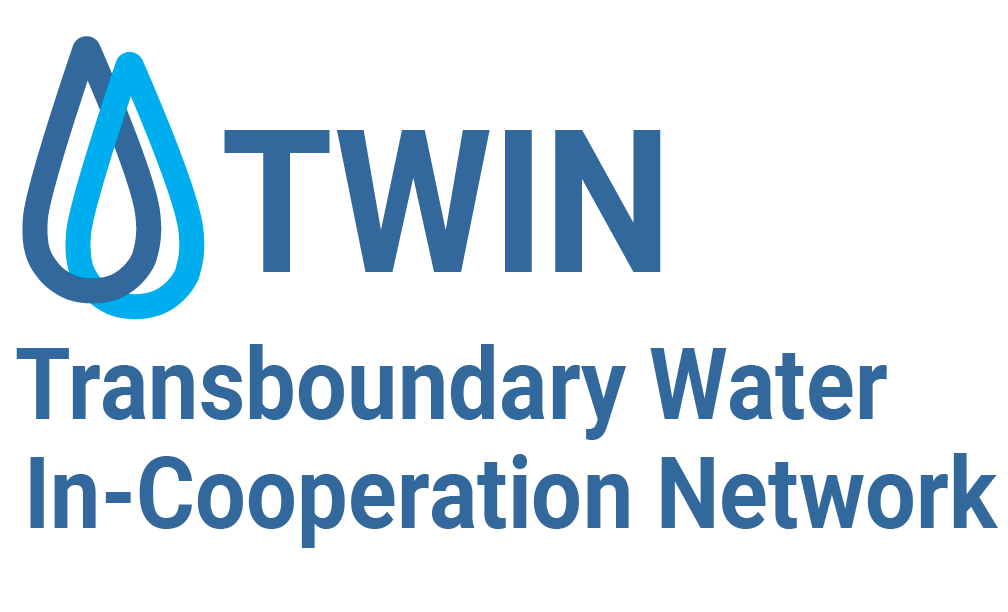Connecting Communities with Science and Communication Tools
TWIN PARTNER
Crowdsourcing Knowledge and Catalyzing Action
Powered by CogniCity Open Source Software, TWIN Partner PetaBencana.id is a free, web-based platform that produces real-time disaster maps using both crowd-sourced reporting and government agency validations. The platform harnesses the heightened use of social media and instant messaging during emergency events to gather confirmed situational updates from street level, in a manner that removes the need for expensive and time consuming data processing. These verified user reports are displayed alongside relevant emergency data collected by local and government agencies. By integrating localized knowledge from a variety of sources into a single, robust platform, PetaBencana.id is able to provide a comprehensive overview of disaster events, enabling residents, humanitarian agencies, and government agencies to make more informed decisions during emergencies.
PetaBencana.id has proven that community-led data collection, sharing, and visualization reduces flood risk and assists in relief efforts. In the 2015 World Disaster Report of the International Federation of the Red Cross, the project was recommended as a model for community engagement in relation to disaster response. In 2016, the Federal Communication Commission of the United States also recommended the project as a best practice regarding disaster information crowdsourcing.
Crowdsourcing Knowledge Portal
Crowdsourcing apps and in-person focus groups with vulnerable populations will be implemented to gather an inclusive response from a broad range of stakeholders in each basin to identify feasible portfolio of NBS and facilitate fund-raising from international agencies and social capital investors to implement the prioritized NBS.
Our portal is an interactive, open-science, transparent knowledge network with near real-time water monitoring data, enabling communication and collaboration between scientific and community organizations for resolving persistent transboundary water security conflicts.
AI-Augmented Sensor Networks
We will deploy 1000 sensors in 1000 communities across focal river basins. Both satellite and community-managed sensor data will be harnessed to co-design and deploy basin-scale Artificial Intelligence augmented water security early warning early action systems. This monitoring system will generate high frequency sub-hourly data on 40 variables pertaining to assessment of water quantity and quality. This sensor data will be able to objectively and scientifically track access and availability of clean water, which is a key outcome variable for evaluating the success of this project.
Transparent and credible collection of watershed sensor monitoring data, enabled through community ownership and citizen science practices, promotes ecological cooperation and facilitates political compromise.
Early Warning and Early Action Systems (EWEAS)
Early warning and early action systems (EWEAS) provide critical information to anticipate and prevent crises before they occur. Effectively designed EWEAS are integrated with institutional mechanisms at multiple levels of governance to mitigate the impacts of hazards and build resilience against disasters and conflicts.
Particularly noteworthy is the integration of artificial intelligence (AI) technologies in the design of EWEAS. These systems, characterized by high spatial and temporal resolution, are not only automated but also capable of self-learning and enhancing forecast accuracy through the continual cross-validation of forecast data against actual hazard or conflict monitoring data. This evolution marks a significant leap in predictive capabilities for more accurate, reliable, and actionable insights.










